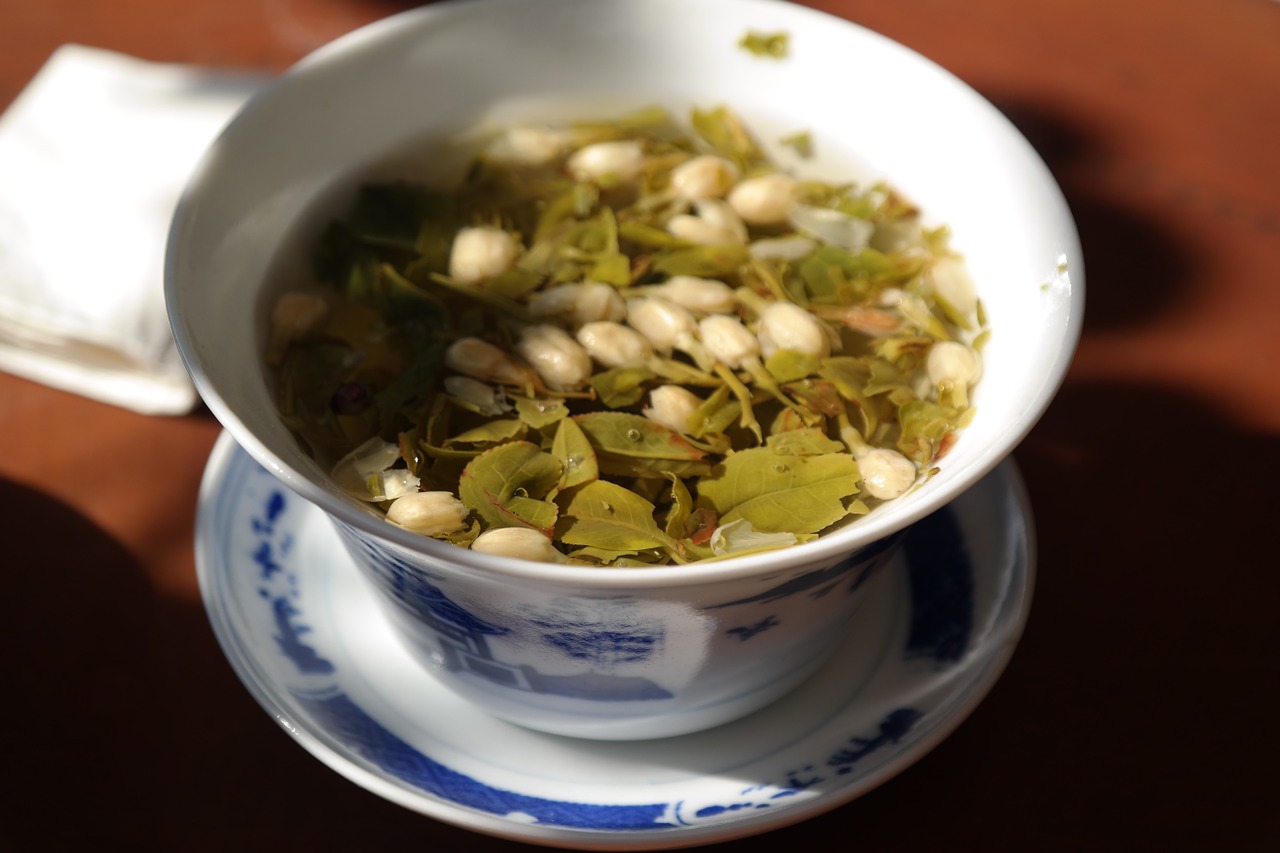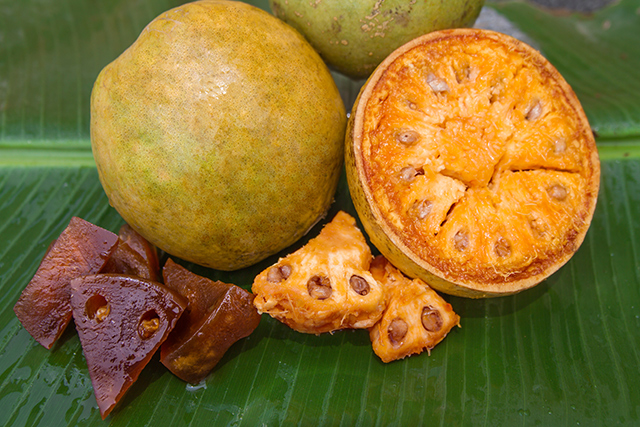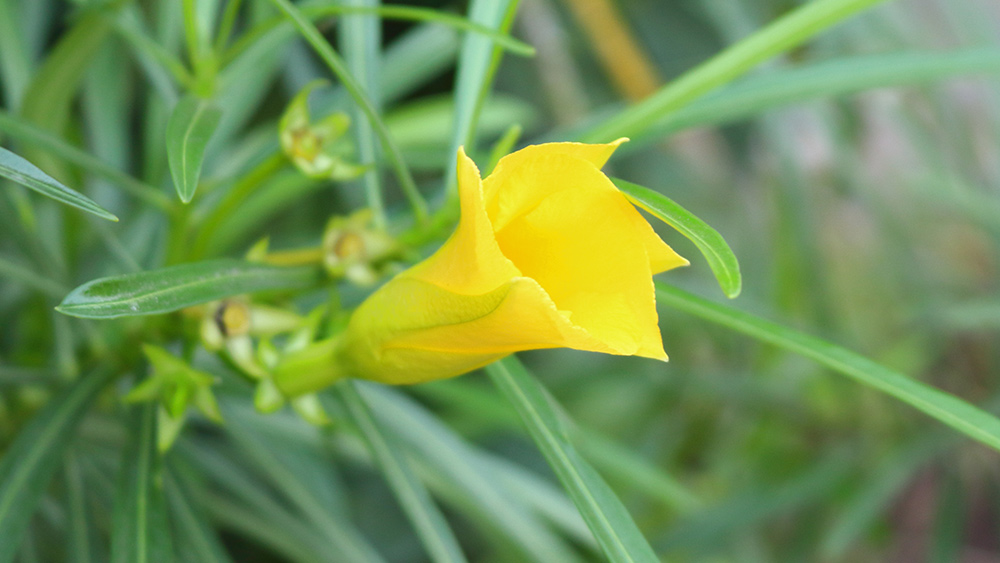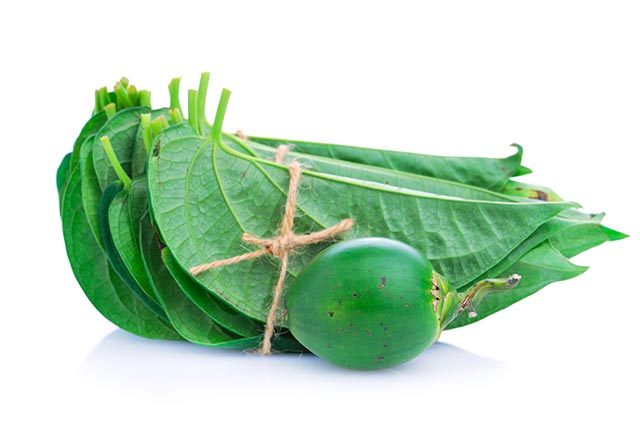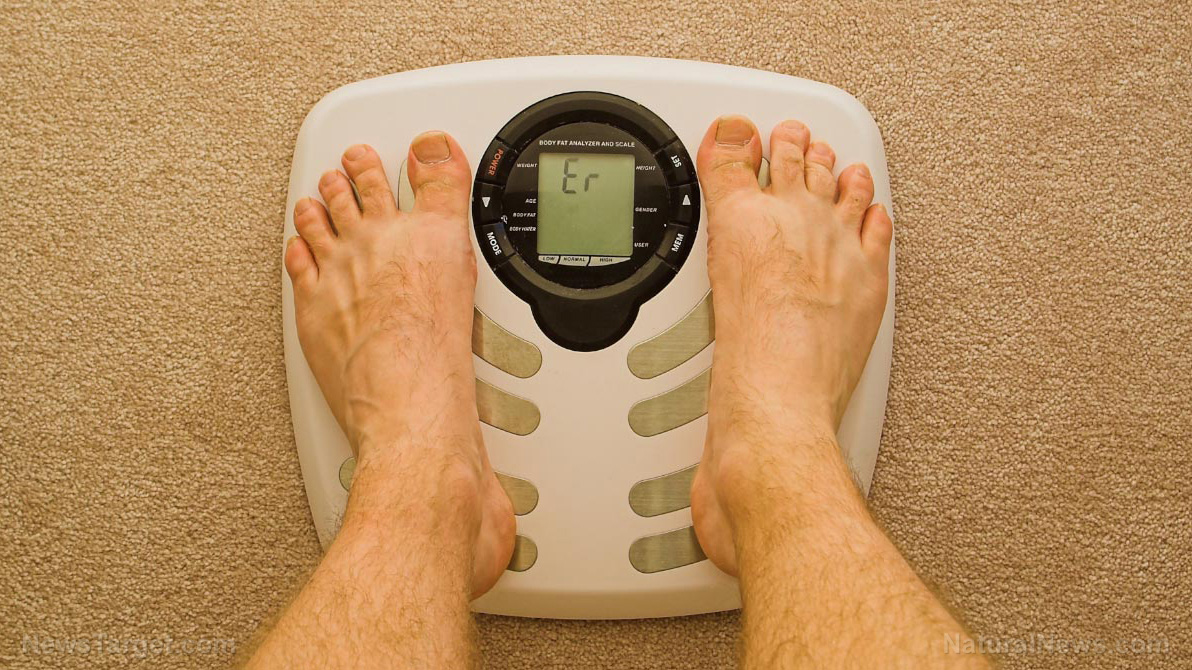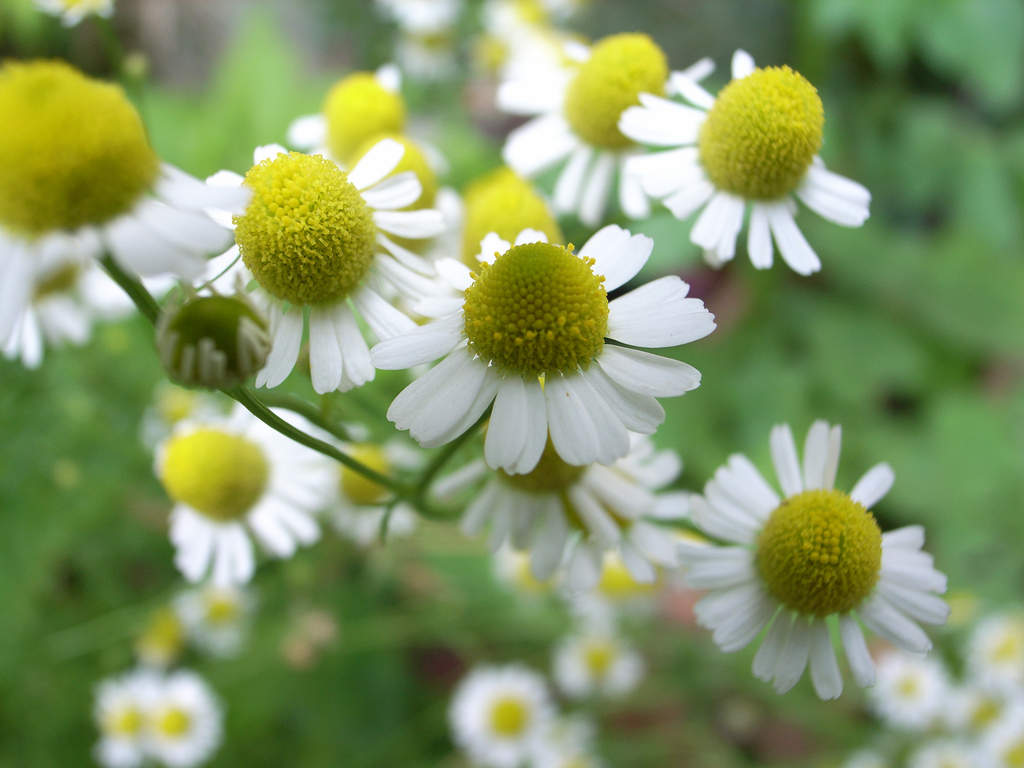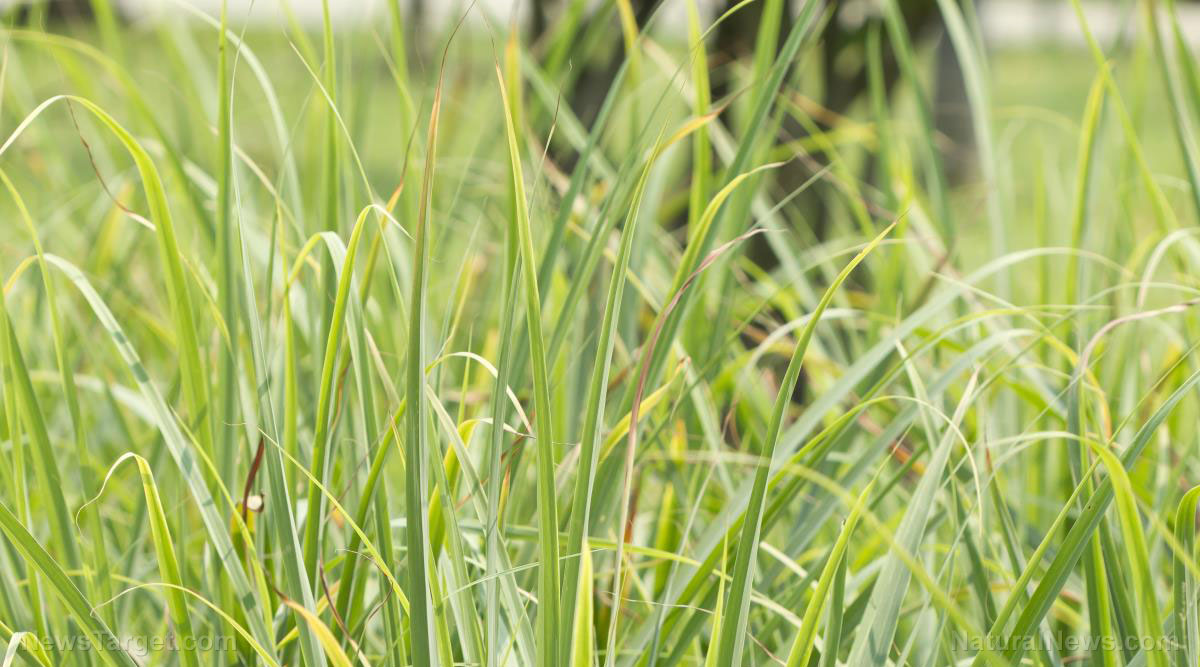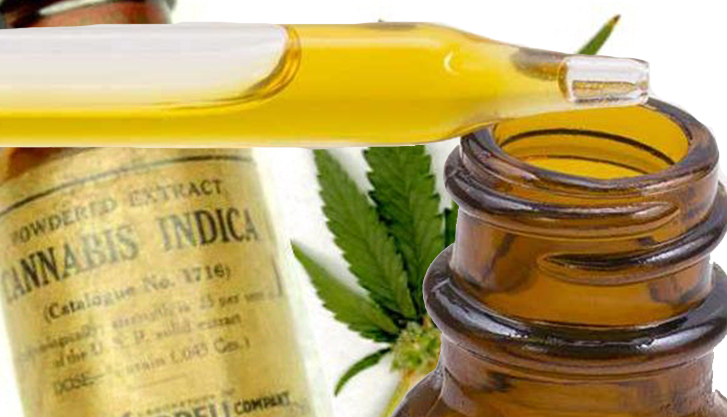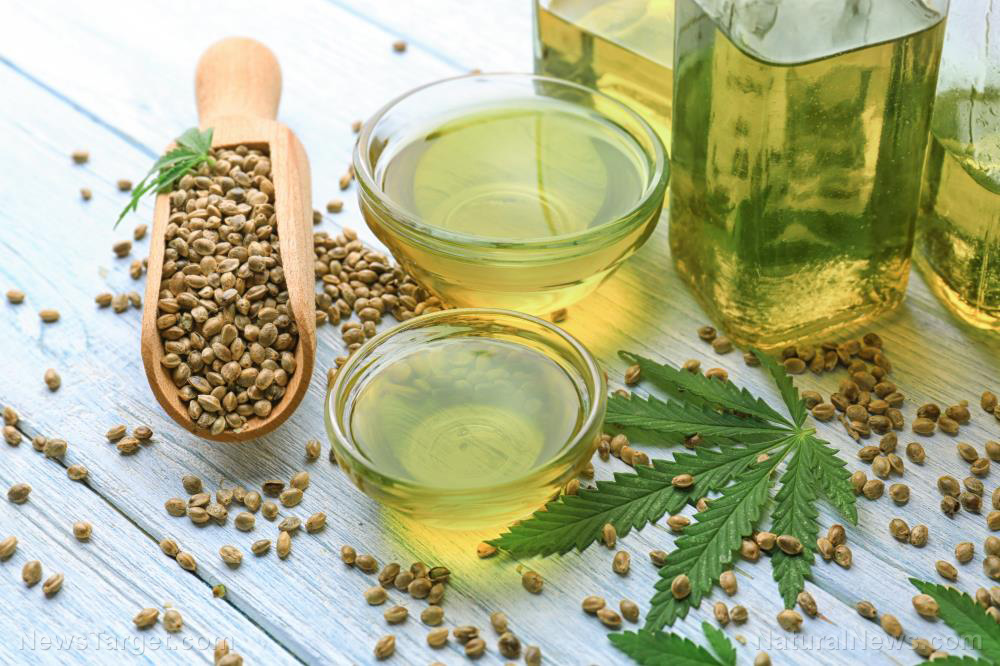Chaya is a fast-growing shrub that protects your liver
10/12/2018 / By Ellaine Castillo
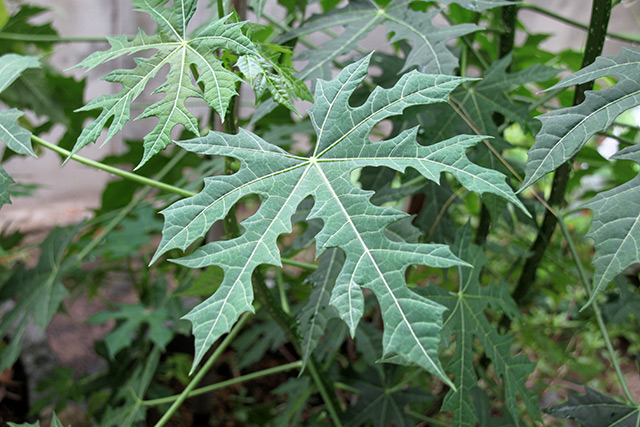
A group of researchers discovered that chaya (Cnidoscolus chayamansa [Mc Vaugh]) has hepatoprotective and anti-inflammatory properties. These findings, which were published in Evidence-Based Complementary and Alternative Medicine, were based on in vivo experimental data.
- Chaya is a plant known not just for its high nutritional value but also for its different medicinal properties.
- According to previous studies, extracts and pure compounds from chaya leaves exhibit anti-inflammatory activity in an acute model. Additionally, they were also observed to work against mycobacteria and protozoans.
- In this study, the anti-inflammatory activity of chloroform (CHCl3) methanol (MeOH) extract of chaya leaves was observed in both chronic and acute models, which were induced using different chemicals.
- In vivo hepatoprotective studies were conducted on Balb/c mice with anti-tubercular drug-induced liver damage.
- The phytochemical content of the extracts was also determined. From the observed phytochemicals, moretenone and lupeol acetate were isolated and characterized.
Results of the study showed that chaya extracts have significant anti-inflammatory effects on both acute and chronic inflammation models, which were comparable to the reference drug, phenylbutazone. The extracts were also shown to effectively protect the liver against anti-tubercular drug-induced damage. In addition to these, the researchers were also able to observe that moretenone and lupeol acetate were the main components of the extract’s less polar fraction.
Read the full text of the study at this link.
Learn more about the how chaya protects the liver by visiting Herbs.news today.
Journal Reference:
Pérez-González MZ, Siordia-Reyes AG, Damián-Nava P, Hernández-Ortega S, Macías-Rubalcava ML, Jiménez-Arellanes MA. HEPATOPROTECTIVE AND ANTI-INFLAMMATORY ACTIVITIES OF THE CNIDOSCOLUS CHAYAMANSA (MC VAUGH) LEAF EXTRACT IN CHRONIC MODELS. Evidence-Based Complementary and Alternative Medicine. 25 July 2018; 2018. DOI:10.1155/2018/3896517
Tagged Under: anti-inflammatory, antitubercular drug damage, chaya, Cnidoscolus chayamansa, Hepatoprotective, herbal medicine, inflammation, liver damage, liver health, Lupeol acetate, Mexican spinach, moretenone



